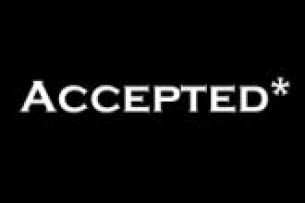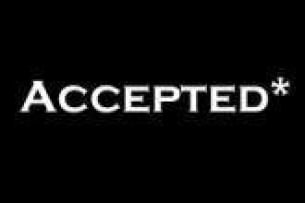Filter & Sort
Diversifying Faculty Requires Departmental Change
Focusing on the immediate contexts underrepresented minority scholars must navigate is the best way to make academe a welcoming place, write Amalia Pallares, Angela L. Walden, Bernard D. Santarsiero and Aisha El-Amin.
Broken Promises?
Colleges and universities responded to the death of George Floyd with public commitments to racial justice, but two years later, too little has changed, argue Colleen E. Wynn and Elizabeth Ziff.
The Exclusivity of Inclusive Excellence
Andrea Y. Simpson reflects on how the phrase, as interpreted at so many institutions, can undermine the goals of diversity and inclusivity, as well as limit the scope of first-rate scholarship.

Looking Beyond the Diversity Check Box
The work of diversity committees and offices has recently been amplified, yet much of it remains performative, Aparajita De argues—and South Asians should help change that.
The Change Higher Education Needs Today
As attacks on critical race theory accelerate, colleges must create more mentoring environments designed by BIPOC faculty themselves, write Irene Mata, Melva Treviño and M. Gabriela Torres.

Black Women Navigating the Workplace: A Few Strategies
Brittany K. Robertson offers some recommendations based on a study she conducted on the experiences and perspectives of Black women staff members in higher education.
The Future of Faculty Development Is Feminist
Colleges must mend the gap between conventional views about what faculty need for support and what faculty actually want, writes Niya Bond.
Colleges Should Make It OK for Faculty to Disclose Disabilities
The academy continues to be ableist and disadvantage people with various learning abilities and those in neurodiverse learning communities, argues Karly Ball.
Pagination
Pagination
- 3
- /
- 43